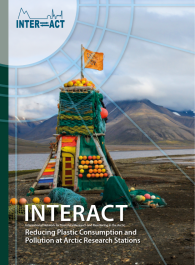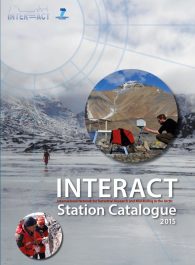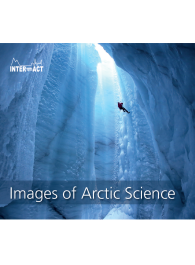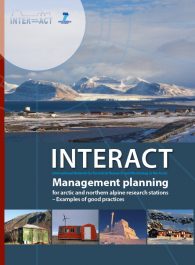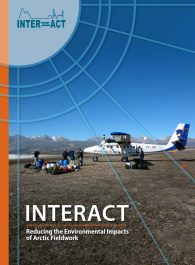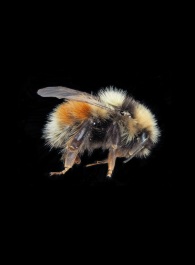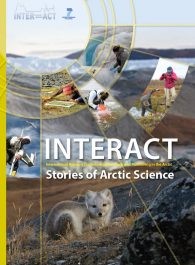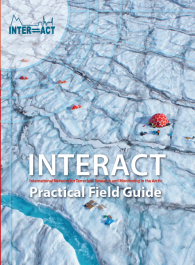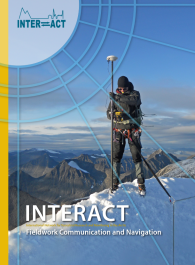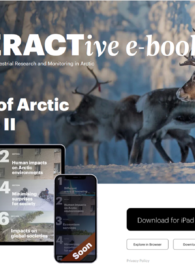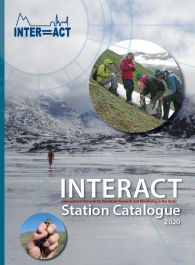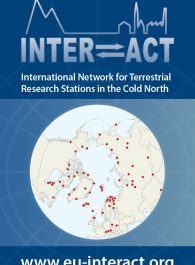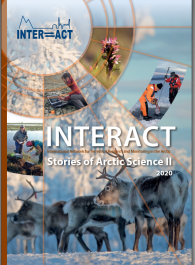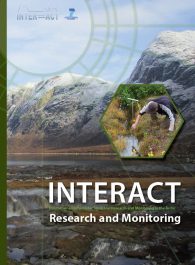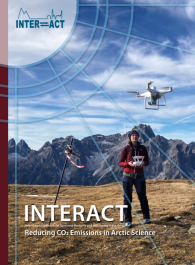
ABSTRACT
The polar scientific community is engaged in various types of fieldwork, conferences,
education, training and collaboration, which all come with a significant carbon footprint.
Many are concerned about Climate ChangeAccording to the United Nations Framework Convention on Climate Change, climate change is change in the climate of the whole Earth or a region of the Earth that is believed... More and its impact on the environment. In the
ArcticDefinitions of the Arctic vary according to environmental, geographical, political, cultural and scientific perspectives. Some scientists define the Arctic as areas having a high latitude, long winters, short, cool summers,... More, temperatures are increasing three times faster than in the rest of the world (AMAPArctic Monitoring and Assessment Programme. One of the working groups of the Arctic Council. Established in 1991. AMAP is responsible for measuring the levels of pollutants in the Arctic, and... More,
2021) and the impact of Climate ChangeAccording to the United Nations Framework Convention on Climate Change, climate change is change in the climate of the whole Earth or a region of the Earth that is believed... More is clearly visible.
While many environmental impacts are systemic and thus beyond the control of the
individual, there are numerous opportunities to reduce CO2 emissions that are within
the capacity of both institutions and researchers alike. This handbook attempts both to
summarize existing knowledge and to offer solutions for researchers who want to reduce
CO2 emissions related to their research activities. One of the most significant areas under
individual control is travel, which is the main focus of the forthcoming chapters.
We believe that the scientific community must act responsibly in relation to the changes
that we see – hopefully setting an example for others to follow.
